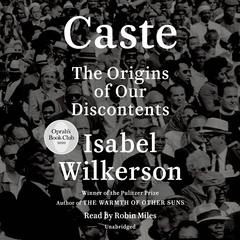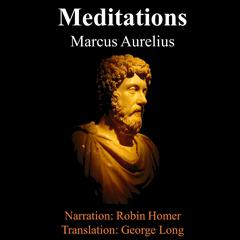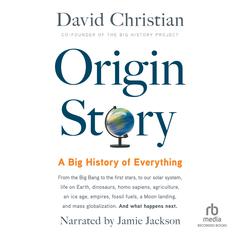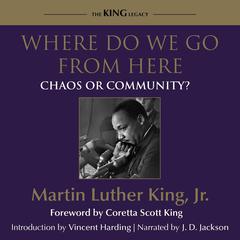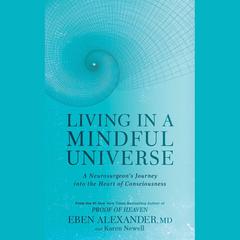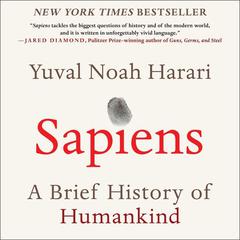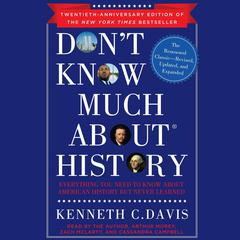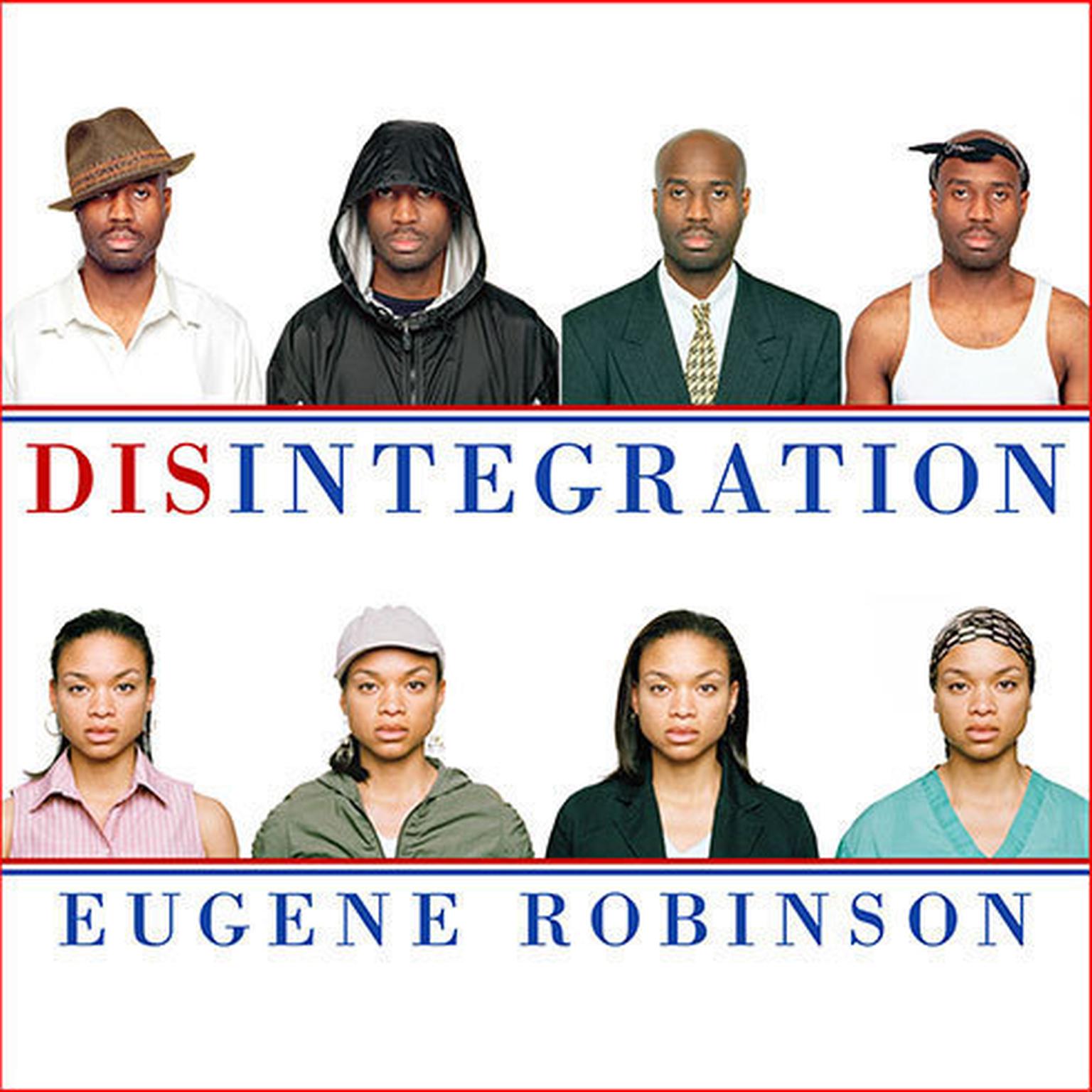 Play Audiobook Sample
Play Audiobook Sample
Disintegration: The Splintering of Black America Audiobook
 Play Audiobook Sample
Play Audiobook Sample
Quick Stats About this Audiobook
Total Audiobook Chapters:
Longest Chapter Length:
Shortest Chapter Length:
Average Chapter Length:
Audiobooks by this Author:
Publisher Description
The African American population in the United States has always been seen as a single entity: a "Black America" with unified interests and needs. In his groundbreaking book Disintegration, longtime Washington Post journalist Eugene Robinson argues that, through decades of desegregation, affirmative action, and immigration, the concept of Black America has shattered. Now, instead of one, there are four distinct groups: a Mainstream middle-class majority with a solid stake in society; a large Abandoned minority with less hope than ever of escaping poverty; a small Transcendent elite, whose enormous wealth and power make even whites genuflect; and newly Emergent groups of mixed-race individuals and recent black immigrants who question what black even means.
Using historical research, reporting, census data, and polling, Robinson shows how these groups have become so distinct that they view each other with mistrust and apprehension. And yet all are reluctant to acknowledge division. Disintegration shines light on crucial debates about affirmative action, the importance of race versus social class, and the ultimate questions of whether and in what form racism and the black community endure.
Download and start listening now!
"Excellent and interesting, Robinson explains a lot about how black Americans seethemselves and why the old notions about inner city populations, black historyand the black middle class are an impediment to moving forward the dialogueabout race this country never seems to really have. "
— Mickey (5 out of 5 stars)
Quotes
-
[A] clear-eyed and compassionate study.
— Publishers Weekly
Disintegration Listener Reviews
-
" So far, well written but I am not sure of its audience and its purpose. "
— Ernestine, 2/9/2011 -
" Classic Eugene Robinson.....thoughtful and thought provoking. "
— Maureen, 1/20/2011 -
" This is an fantastic analysis of the current state of "Balck America" by the Washington Post's Eugene Robinson. "
— carl, 1/10/2011 -
" A quick read—not an academic study, but quite insightful nonetheless. This book gave me a great lens for understanding the current range of African American experience. "
— Frank, 1/8/2011 -
" Meh. This might have been enlightening if I were white. I usually like hearing/reading Robinson's thoughts, so I was disappointed that this book didn't give me more food for thought. "
— Marissa, 1/5/2011 -
" A very engaging discussion of "black America," the major premise of which is that there is no single "black America," but that there are four groups (or more) that demand we rethink how we discuss race and its concomitant problems. Very accessible and compelling. "
— Kristin, 12/29/2010 -
" Robinson raised some excellent points in this piece. I felt he spent majority of the book explaining the four different Black Americas. I would have preferred less context and more insight. "
— Brittuhkneeduh, 12/21/2010 -
" easy read, informative, interesting account of the black population and what is currently happening to them. "
— Donna, 12/13/2010 -
" Excellent..very easy read and very detailed about what happened to the black race after the riots and how that effected today. "
— Donna, 12/12/2010 -
" Incredibly thought provoking, at times inciting an urgency about lifting up the underclass within our own borders. "
— Erika, 12/9/2010
About Eugene Robinson
Eugene Robinson joined the Washington Post in 1980 and has served as London bureau chief and foreign editor. Currently he is an associate editor and columnist. He has been a Nieman fellow at Harvard University, and he was awarded the Pulitzer Prize for distinguished commentary in 2009. The author of Coal to Cream and Last Dance in Havana, Robinson appears frequently on MSNBC as a political analyst.
About Alan Bomar Jones
Alan Bomar Jones is an actor and audiobook narrator. He is an award-winning resident artist with the Human Race Theatre Company of Dayton, Ohio, and with the American Stage Theatre Company of St. Petersburg, Florida, and has lent his deep baritone voice to audiobooks such as Marching for Freedom: Walk Together, Children, and Don’t You Grow Weary. Jones and his wife, Becky, live in Dayton, Ohio.




